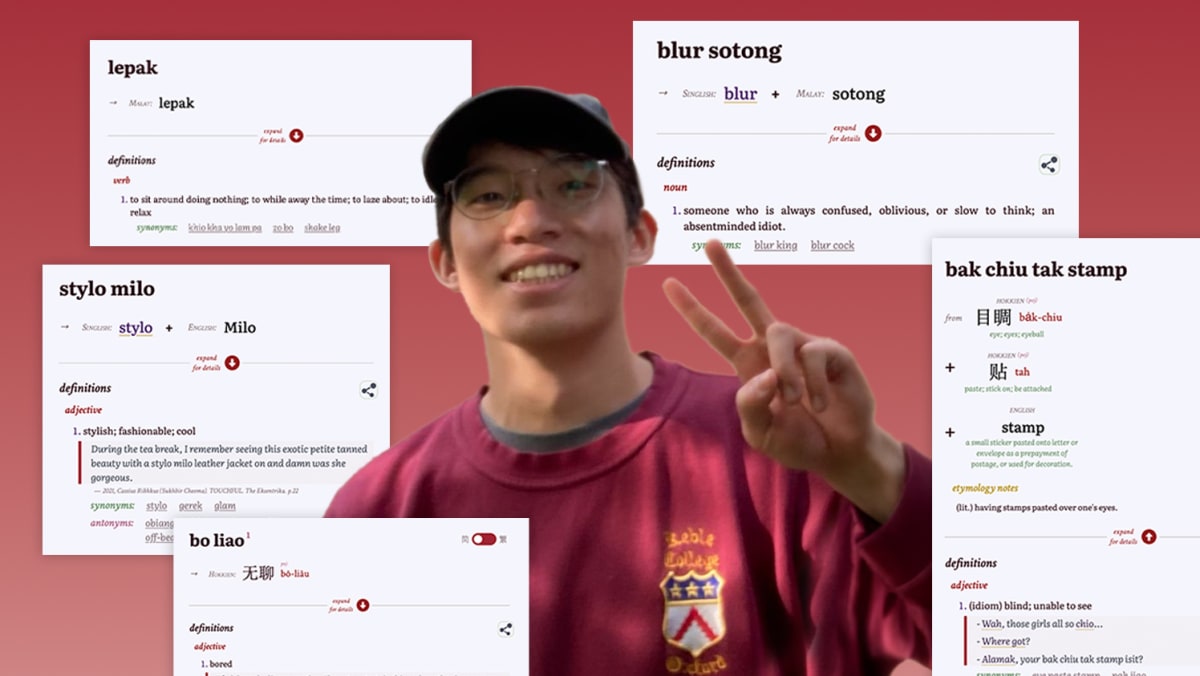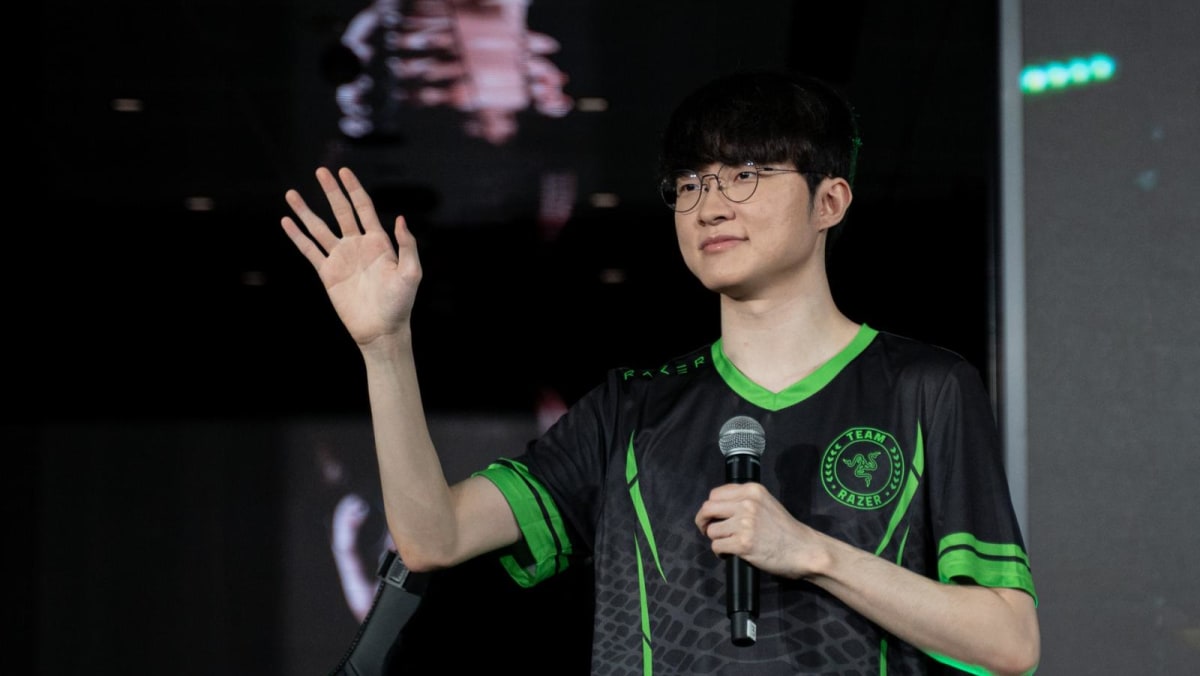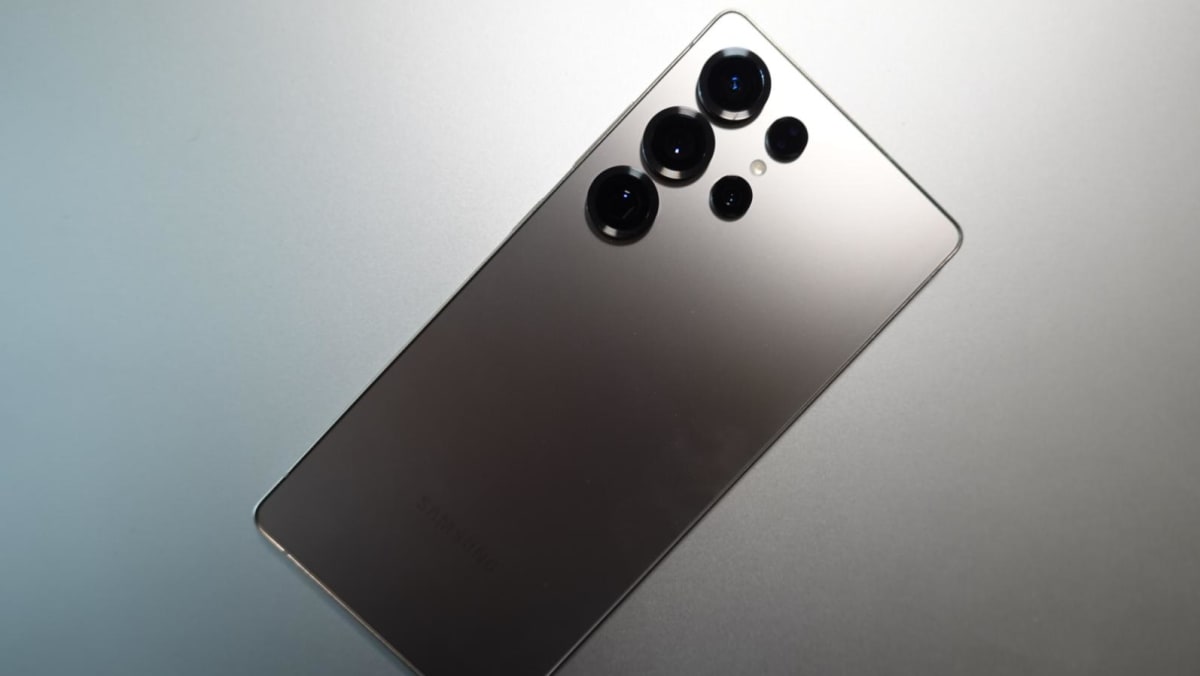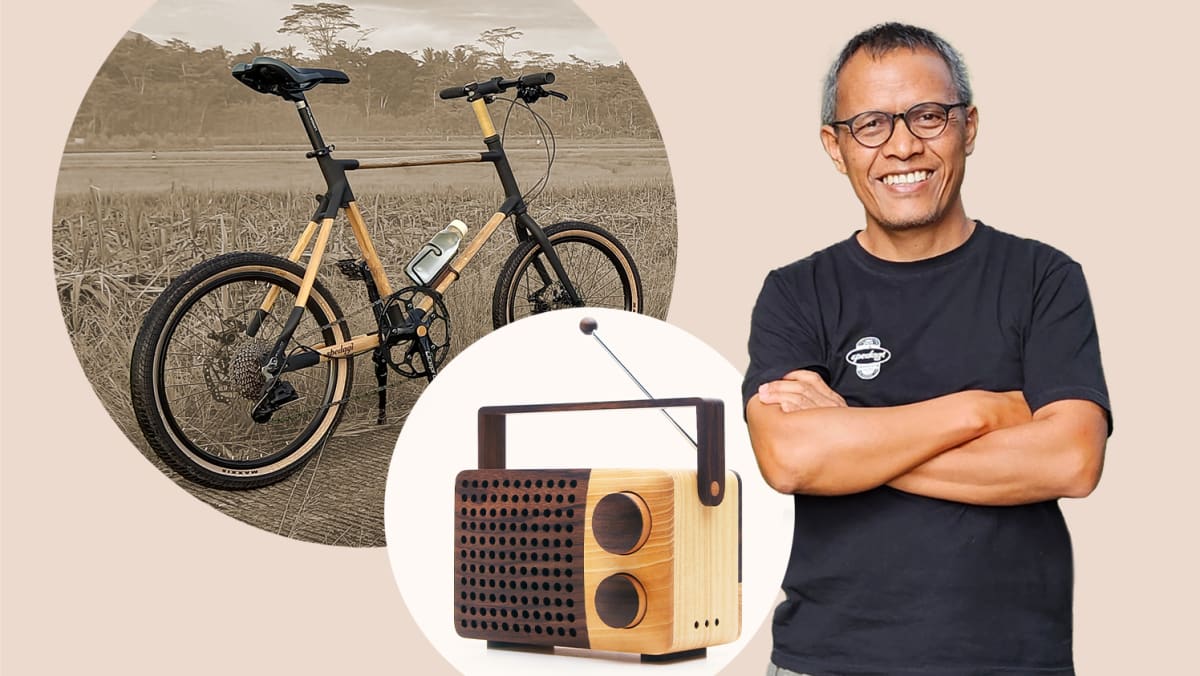But it does make you wonder – why would anyone invest so much time into something with no paywall?
RECONNECTING WITH HIS HOKKIEN ROOTS
It should come as no surprise that Goh’s love for languages stretches back to his teenage years, when he began learning German and Danish for fun. Today, he can also speak conversational Spanish, Melayu, and most recently, Hokkien.
“My family is very jiak kentang one, he said. The expression literally means “eat potatoes” or, in Chimbridge, “Westernised”.
“But since I’m half Hokkien, and it’s a very important language in terms of cultural identity and history, I thought I should try and learn it.”
During his foray into Hokkien, Goh stumbled upon many amusing words and realised that although the dialect is often written in romanised form, it could also be documented in Chinese characters.
“That was partly why I started a list of Singlish words with Chinese etymologies, which eventually evolved into this Singlish dictionary,” he added.
The thought that Hokkien could one day disappear also motivated Goh to preserve Singlish. Having spent time abroad, he noticed how unique it is – something Singaporeans often take for granted.
More importantly, he’s passionate about challenging the perception of Singlish as an illegitimate language. This is exactly why Chimbridge takes a more academic approach compared to other Singlish dictionaries, which tend to be more lighthearted.














